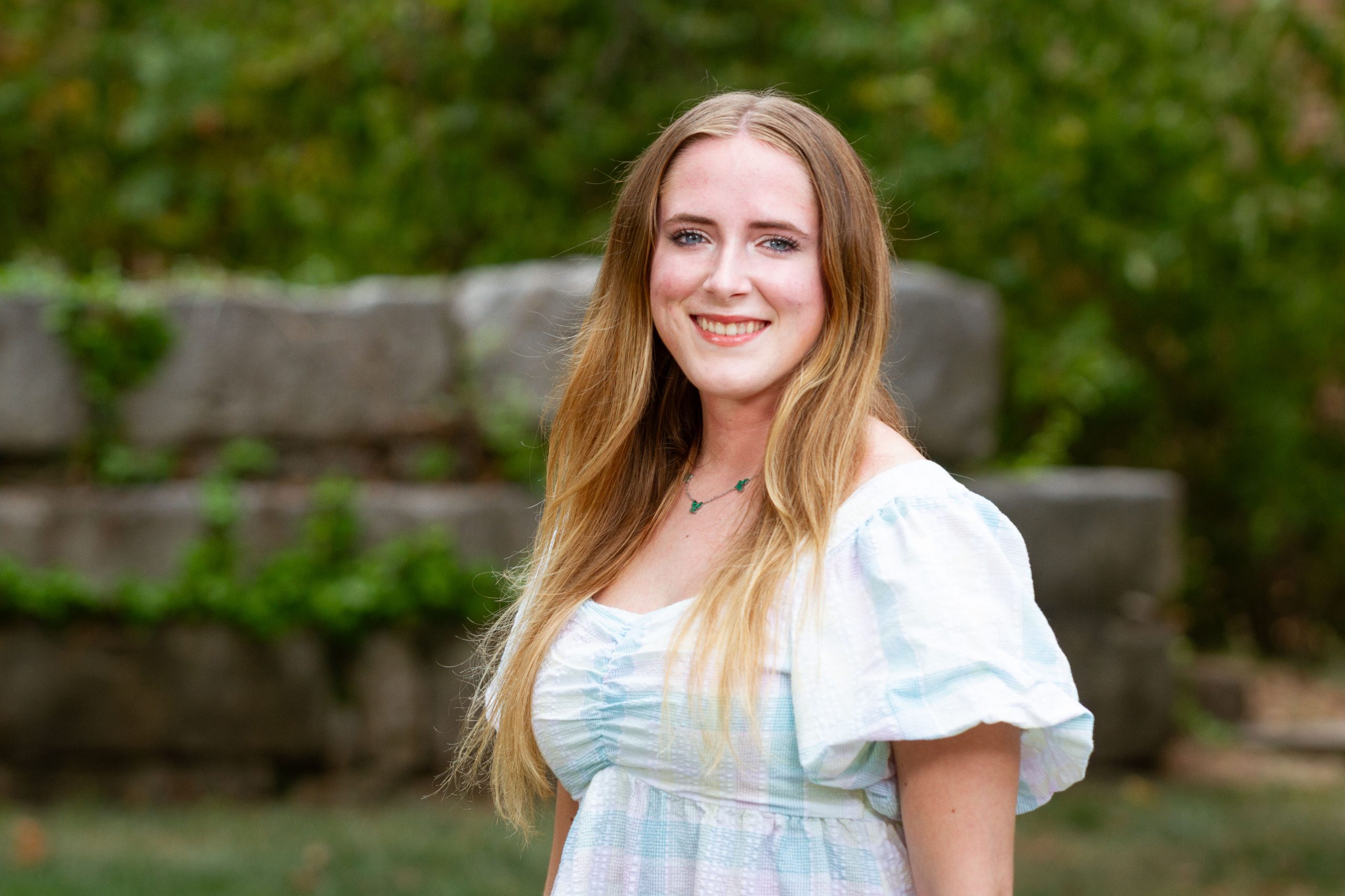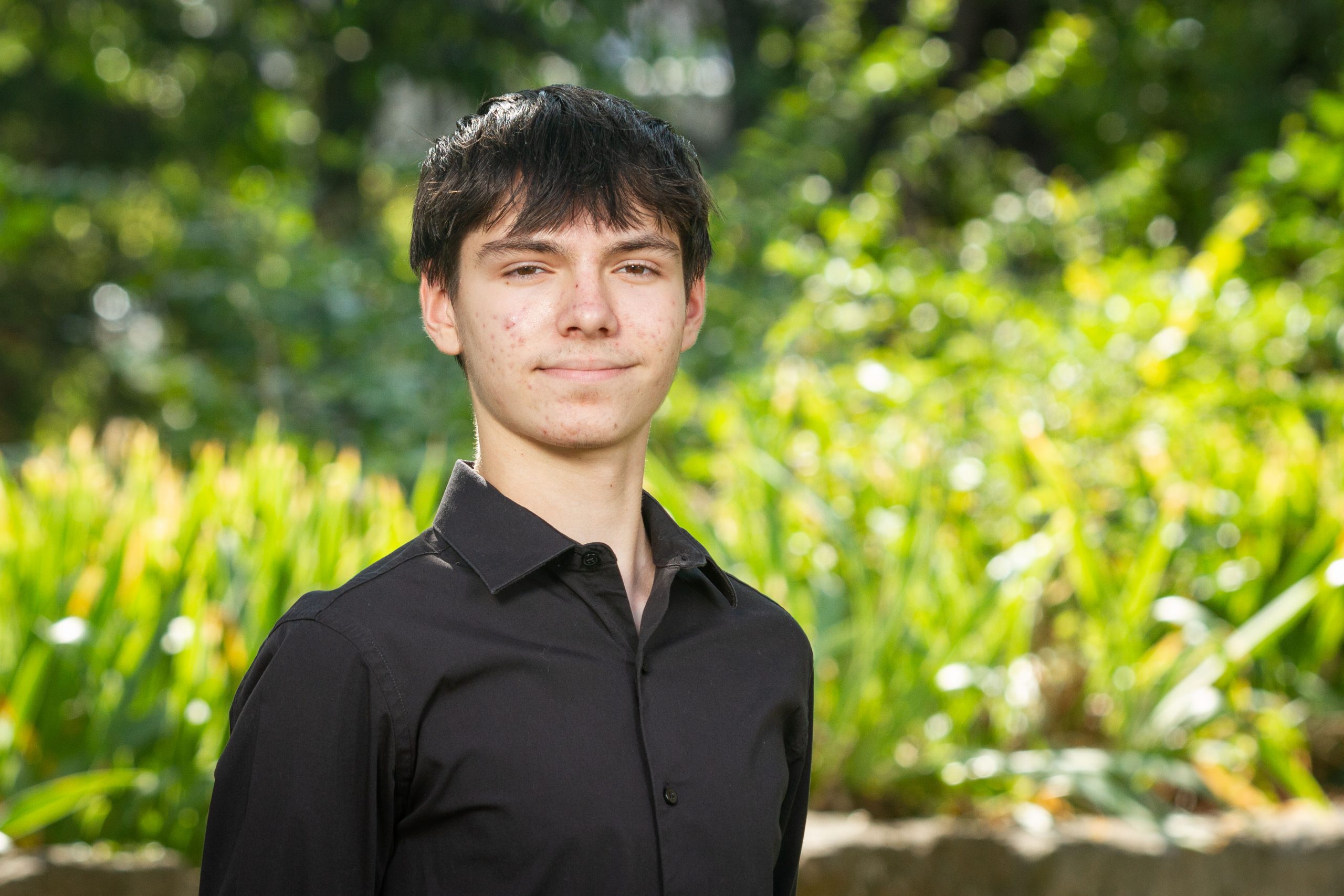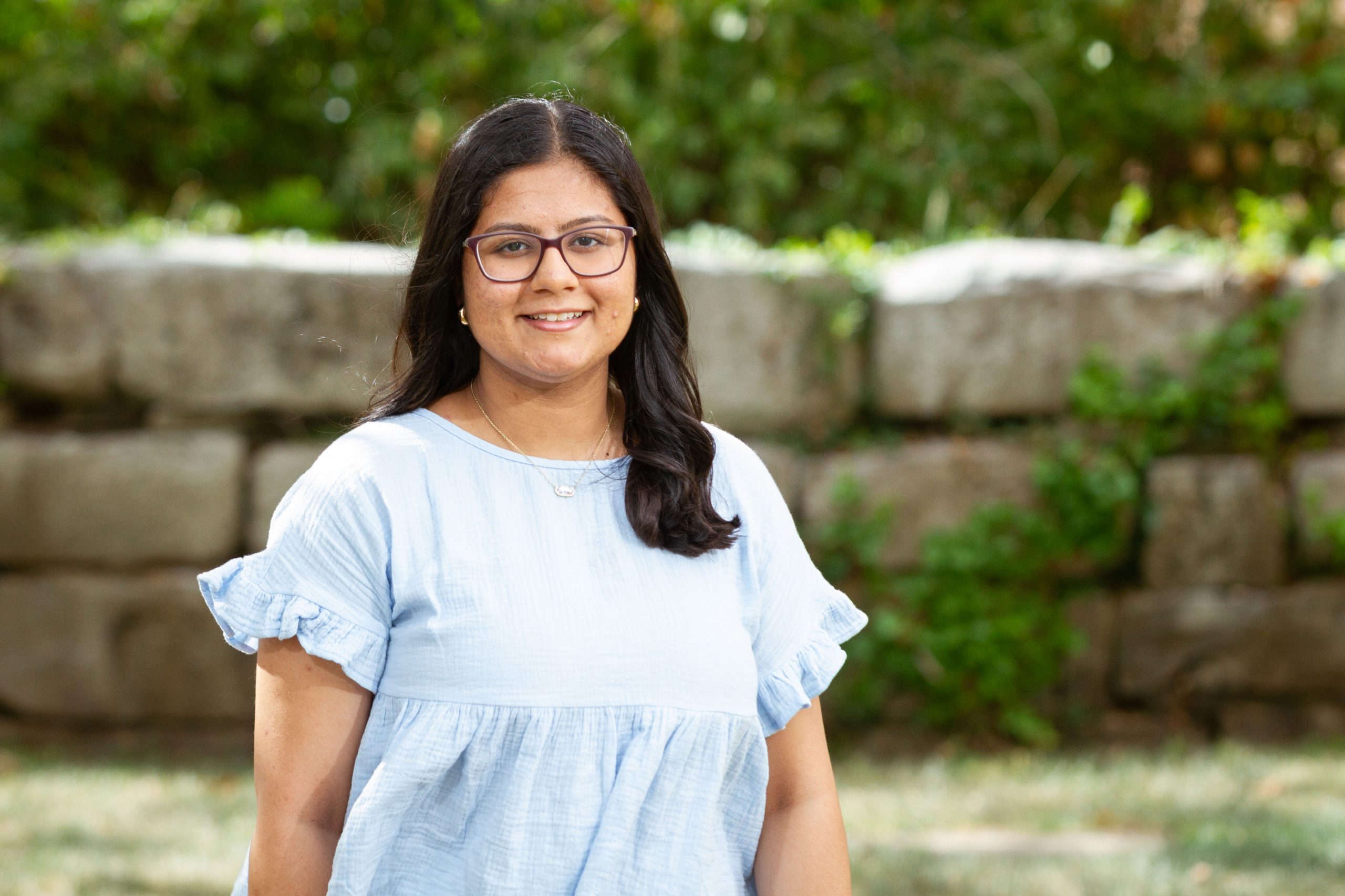[New Year, New Staff] Meet Residential Counselor Laura Huff
September 1, 2010 | 5Q, News, People, Staff, Student Life | No Comments
With the start of a new year at the Gatton Academy comes several new personalities to the staff. We are excited about these passionate and dedicated individuals who have joined our team. They come to us from different parts of the country with a host of varied experiences. Over the last few weeks, the staff has had a chance to get to know each other. It’s now your chance to meet the new faces behind the Academy. Each day this week, we’ll profile a new staff member.
Academy Avatars sat down with each new staff member to post ten questions in hopes of getting to know them better. Avatars came up with five questions that we asked each person. Each Avatar also posed five unique questions of their own choosing to ask as well.
Up next is Residential Counselor Laura Huff.
Interview by Sydney Combs, Academy Avatar
1. Why did you decide to join the Gatton Academy staff?
I had been part of the Gatton Academy staff for two years as a night clerk before applying for a residential counselor position. I decided to go for the position because I wanted to stay with the Academy after graduating college. I love working here and love the atmosphere. It seemed like the perfect fit for me.
2. Where did you attend college and what subjects did you study?
I attended Western Kentucky University and studied English with a concentration in creative writing. I did droadcasting as a minor and did most of the Asian Studies courses as well as studied Japanese for the last three years of my college education.
3. What are you looking forward to the most about the coming school year?
I’m looking forward to getting started and getting into a routine first of all. I’m also looking forward to getting to know not only the girls on my floor but the other students as well.
4. What do you think makes the Gatton Academy a unique educational experience?
There is no other high school in Kentucky like Gatton Academy. It’s a place where students from all sorts of different places, backgrounds, and cultures can come together and work toward their dreams. They learn more about the world, especially being on a college campus, where the atmosphere is entirely different.
5. What contributions do you hope to make to life at the Gatton Academy?
I hope to bring together people from different groups and different floors and to introduce some new things to the students that they may not have otherwise tried.
6. Do you have any unique hobbies?
I watch a LOT of Japanese dramas. In the past three years, I’ve seen over 250. They’re just so addicting and so many new ones keep coming out.
7. If you had a couple of hours to waste in an airport, what would you be doing?
Since I rarely travel, airports are a novelty for me. Whenever I do somehow get to be in an airport, I love just walking around looking at the stores and the strangely expensive things they sell there. It fascinates me that you can buy so much stuff in an airport.
8. What clubs are you interested in starting or sponsoring this year?
I think I’m going to be the Japanese Culture Club sponsor this year, but other than that, I’m free. If anyone has a club for which they need a sponsor, then come see me.
9. Why did you choose to major in your field?
I chose Creative Writing because I got to write. Writing stories is something I’ve done since childhood when I learned how to write, and it was all I had ever wanted to do up until I got in college. Things have changed a bit, but I still love writing and loved being able to just sit in class and write a random story.
10. In a fierce battle, who would win: Unicorns or Zombies, and why?
Hmm…unicorns have the advantage of being alive and faster, but zombies are already dead and develop superhuman strength to rip things apart once they are undead. Definitely zombies that would rip apart the unicorns.









